We Learn Not for School but for Life
Part Two
By: Ann Kumpf, Outdoor Education Coordinator
Non scholae sed vitae discimus: Learning for Life, Not Just for School
Part 7: Foundational Stones of Cambridge
Cambridge School is adept at educating students to succeed, not just for a test, but for a life lived well [see Part 1 of this blog post]. While such a claim can sometimes feel abstract, our curriculum brings it vividly to life. As students and families engage in the Cambridge experience, the evidence for the foundational stone, “Non scholae sed vitae discimus”, we learn not for school, but for life, is unmistakable. For example, in Kindergarten, students explore the world of work by learning about different occupations. Not only do they discover occupations through literature, they experience different jobs through pretend play, go on field trips to see jobs in action, and experience visits from parents and community members who perform different types of work. They learn how all jobs are important for a vital community, all the while learning to spell and read relevant words and phrases. They are introduced to the virtue of purpose and the powerful idea that they are lovingly created by God and accepted for who they are.
The spirit of discovery continues to grow as students move through the grades. In third grade, they journey through several ancient cultures. Students come to view history not as a series of random dates and timelines, but as interconnected events providing the background to the story of God’s relationship with humanity. God’s providence and man’s choice are intertwined with the ultimate goal of redemption and restoration. As students walk through ancient Greece, they learn about daily life and become acquainted with Greek mythology. They contrast the angry gods of myths to the loving character of Christ and are encouraged to consider how this love impacts their own lives. Developmentally, they are growing in competence, and this is reinforced through their daily lessons. Learning from mistakes is emphasized - a lesson that can be carried forward for years to come.
Eighth grade is the culminating year at Cambridge, and emphasis is placed on helping students answer the question, “Who do I want to be becoming?” They are encouraged to develop a strong and secure identity in Christ. As they journey through The Fellowship of the Ring, they grow deeply familiar with the concept of Virtue--not only learning to define true virtues, but also spending the year studying figures from modern history to see how those virtues are lived out in real life. Eighth graders also consider how Virtue is present in their own lives. Justice is a major theme explored, in accordance with this verse in Micah 6:8, “What does the Lord require of you, but to do justly, and to love mercy, and to walk humbly with your God?" Much conversation revolves around pursuing justice in our own community and how we can play a part. Cambridge provides students with opportunities to serve others in the local community. The hope is for them to enter various high schools equipped with the skills and confidence needed to flourish in other environments.
Founder Scott Buresh captured the essence of Cambridge’s educational philosophy when he said, “Life is in growth, not perfection.” It is the desire of all teachers to help students flourish and reach their God-given potential. Inspired by the philosophy of Charlotte Mason, they see children as “born persons” and believe that true success comes not from worldly achievement, but from embracing one’s God-given gifts and callings through lifelong learning. Cambridge alumni often look back on their experiences at Cambridge and realize that it was here that seeds were planted for a future of life-long learning and growth in the Kingdom of God.




